Over the centuries Germany has produced some of the greatest composers ever, from the 12th-century nun Hildegard von Bingen to the Baroque Bach and even the 21st-century film composer Hans Zimmer. These are true masters who have graced every period and era of classical music. From the earliest days of music to the present day, German composers have always stood out as the very best in class.
Who are the greatest German composers of all time?
CPE Bach (1714-1788)
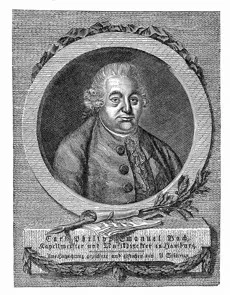
JS Bach's son Carl Philipp Emanuel Bach certainly inherited his father's genius. Bridging the gap between the Baroque period of his father and the start of Classical period, he proved to be one of the pioneers of this burgeoning music style. Just as his father was one of the greats of the Baroque era, his son would reign over the early days of the Classical period, when instrumental music was on the rise and the piano sonata was growing in popularity.
CPE Bach was also a key figure of the Sturm und Drang movement
JS Bach (1685-1750)
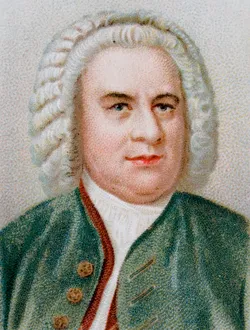
We named JS Bach one of the best Baroque composers ever and the greatest composer of all time. Born in 1685 into a prodigiously gifted musical family, Bach spent most of his career as an organist for churches and royal courts.
Through his lifetime Bach produced countless masterpieces, including solo keyboard works, cantatas, concertos, oratorios, and solo and orchestral suites and his greatest composition is widely believed to be St Matthew Passion. His keyboard works are particularly revered, particularly the Brandenburg Concertos and The Well-Tempered Clavier.
Beethoven (1770-1827)
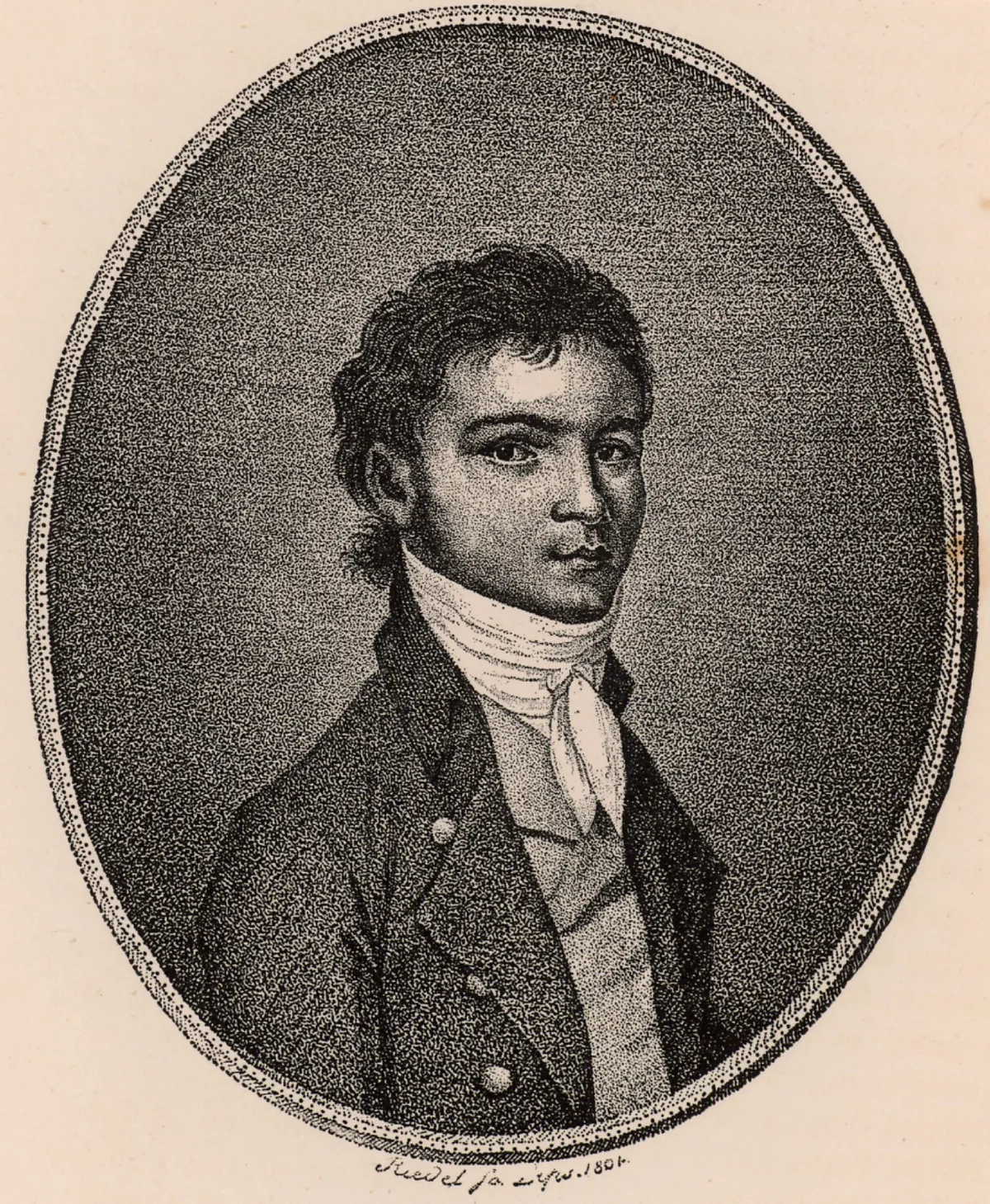
Beethoven needs little introduction and is one of the most famous composers ever. Born in 1770, he straddled both the Classical and Romantic eras, and his wide-ranging music dominated the musical landscape at the time. He is the composer credited with reinventing classical music and developing the symphony, bringing revolutionary new ideas to composition.
Where would we be without Beethoven's Fifth Symphony...?
Brahms (1833-1897)
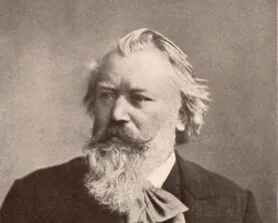
While Brahms's music had elements familiar to those from the Classical era, it had a Romantic spirit and much of it was composed in Vienna. When growing up in Hamburg, he was fascinated by folk tales and songs and his music is famous for being intensely dark – and is notoriously difficult to play. He was influenced Beethoven, Schubert and Schumann.
Composer Mark Simpson says: 'The best of Brahms exists in the moments when he transcends his grounded, earthy sense of being and take us to a higher state of spiritual awareness – the passage between the human and the spiritual world. He was in essence deeply human but also had a developed spiritual side that he had access to. It’s this striving for a higher state of expressive consciousness that I take most from his work.'
Gluck (1714-1787)
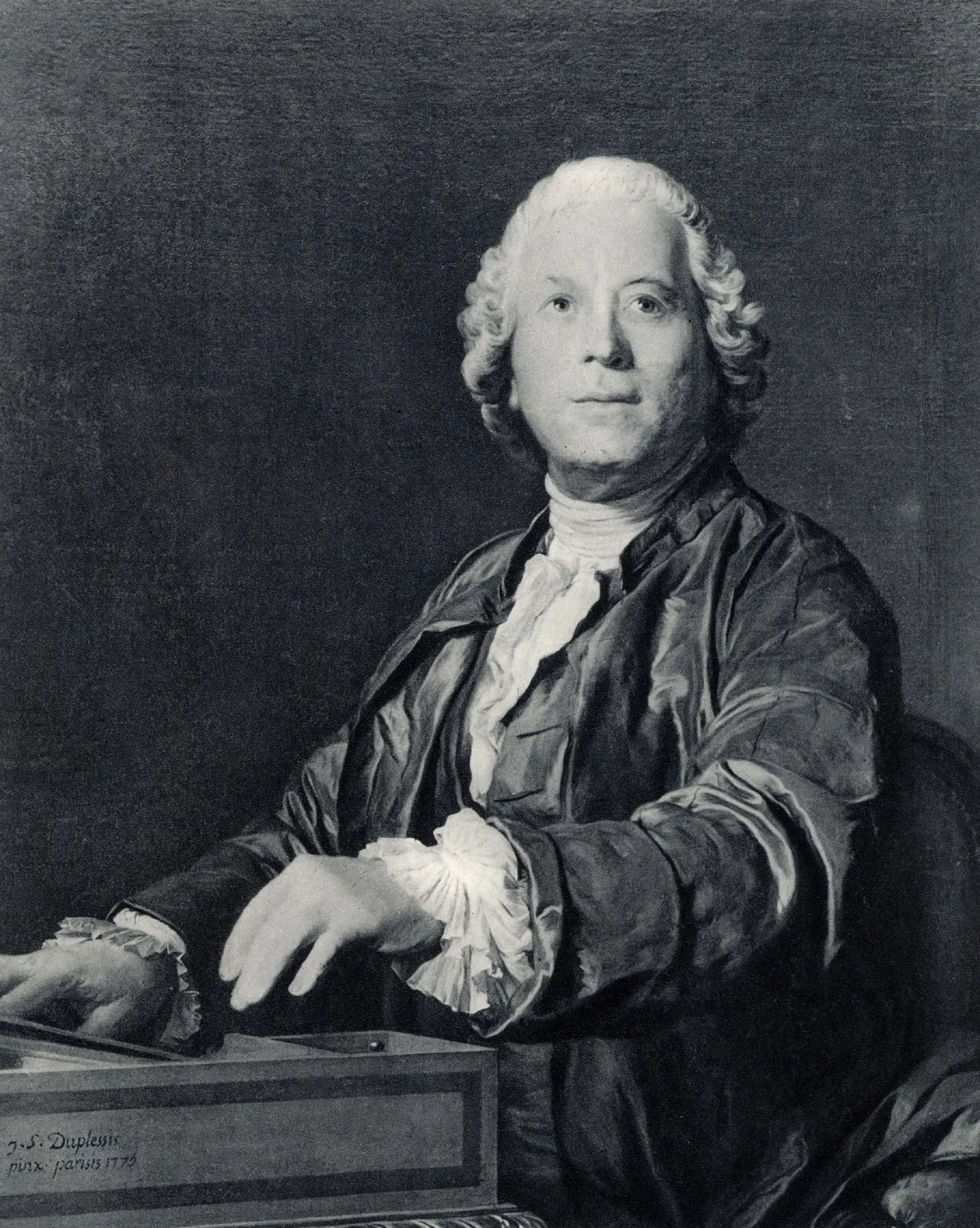
Opera composer Gluck was a powerful music dramatist and crucial operatic innovator. This widely travelled and cosmopolitan composer spanned the early Classical period and his determination to make opera simpler and free of frills would reform the art form far beyond his own works.
Max Lompert says: 'Gluck at the time of his death perhaps the world’s most famous opera composer, and now (I believe) opera’s most neglected and misunderstood creator of front-rank importance, has since 1787 been ignored in Britain neither more nor less than elsewhere.'
Handel (1685-1759)
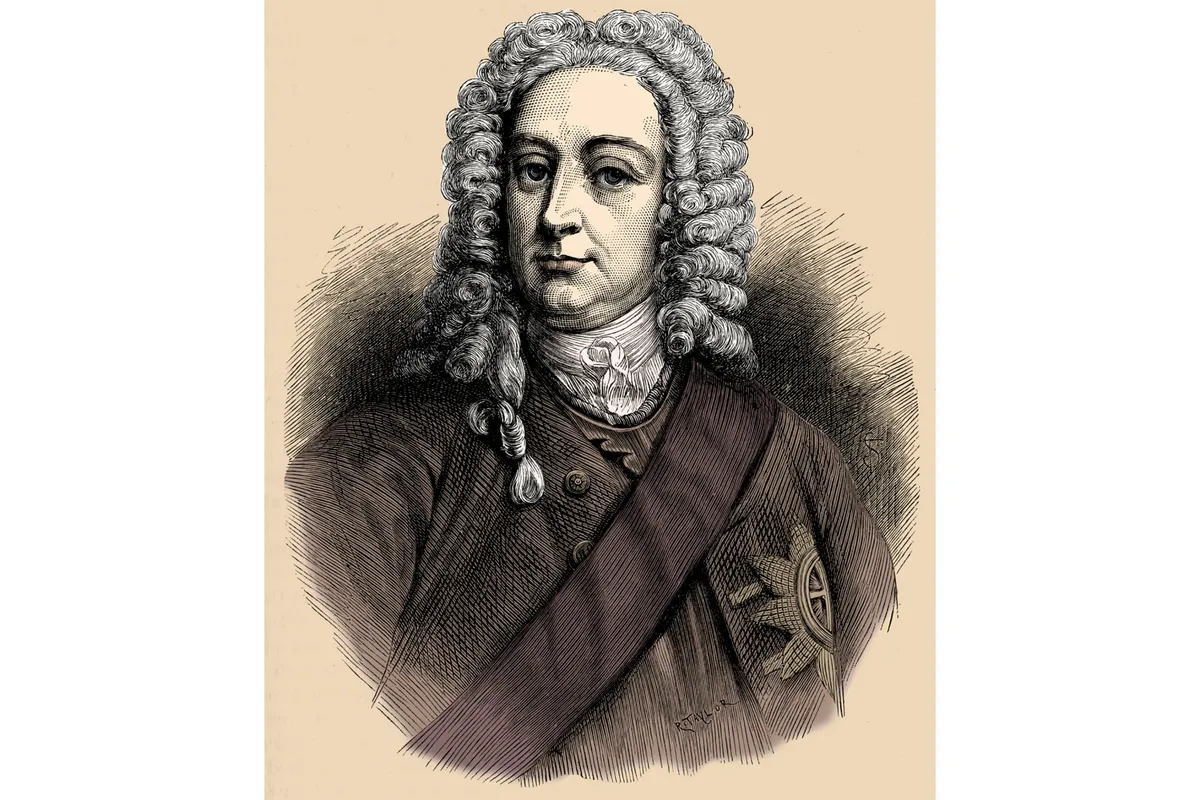
Although Handel was given British civilian status by George II and lived much of his life in London he was born in Germany and therefore we think it is only right that such an eminent composer belongs on this list. He was a master of opera and oratorio and one of the greatest opera composers ever, whose psychological insight and deep humanity, together with his genius as a composer and outstanding gift as a melodist resulted in works which in no essential respect are bound just to their own time.
Handel's most famous pieces include Messiah, the Water Music, his Keyboard suites, Dixit Dominus and 'Zadok The Priest’, which is played at every coronation.
Hildegard von Bingen (1098-1179)
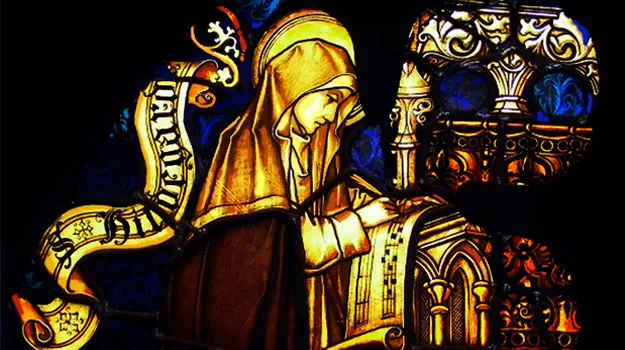
Although little is known about the life of 12-century composing nun Hildegard von Bingen, her music provides the bedrock for many vocal composition techniques and is still featured on concert programmes around the world. Born in Rheinhessen, Hildegard von Bingen composed more than 80 spiritual pieces of choral music, including Symphony of the Harmony of Heavenly Revelations. She was one of the pioneers of the Early Music period, when the voice was massively important and the instrument of choice for many.
We have named her one of the most famous female composers ever
Hindemith (1895-1963)
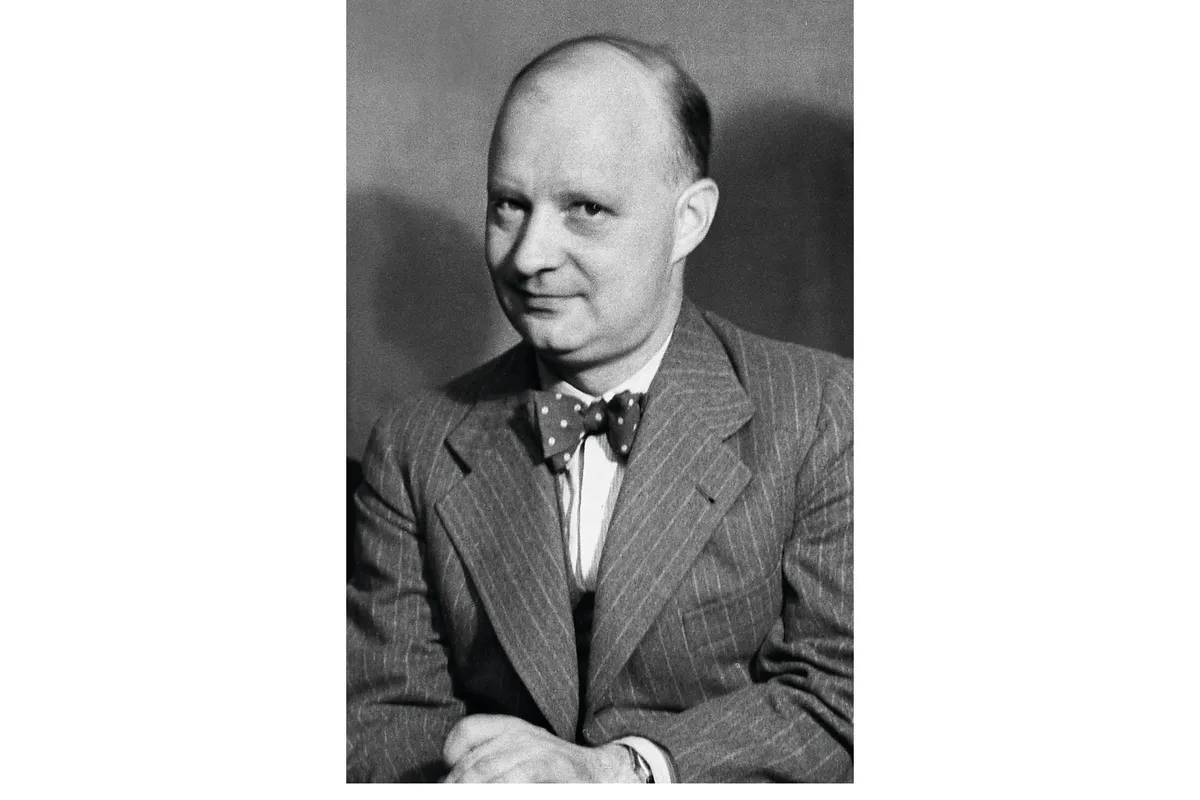
The Nazi party not only banned his Mathis der Maler Symphony but also condemned his music for being 'degenerate' and 'Jewish connected.' Hindemith was a prolific German composer, who spent much of his career falling in and out of favour with the Nazi party. He came to prominence in the 1920s with works such as. During his early years as a composer he was influenced by the Romantics, before moving to Expressionism. By the 1920s he had become a major advocate of the Neue Sachlichkeit (new objectivity) style of music.
Felix Mendelssohn (1809-1847)
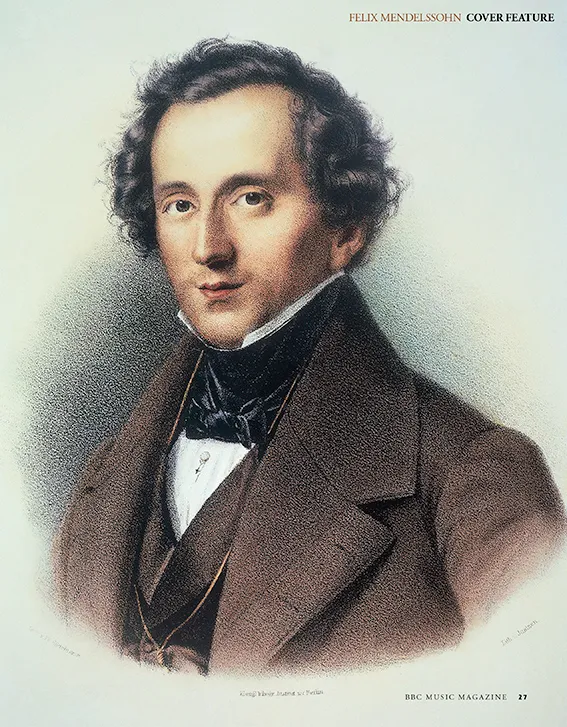
Felix Mendelssohn was the most talented child prodigy of all time. At 15, his teacher claimed Mendelssohn’s talents were equal to those of Bach, Haydn and Mozart. His music incorporates the elegance and balance of the Classical era, while still evoking the fantasy of the Romantic.
His most famous pieces include his Piano Concerto No. 1 and Midsummer Night’s Dream Overture.
We named him one of the greatest Romantic composers of all time
Fanny Mendelssohn (1805-1847)
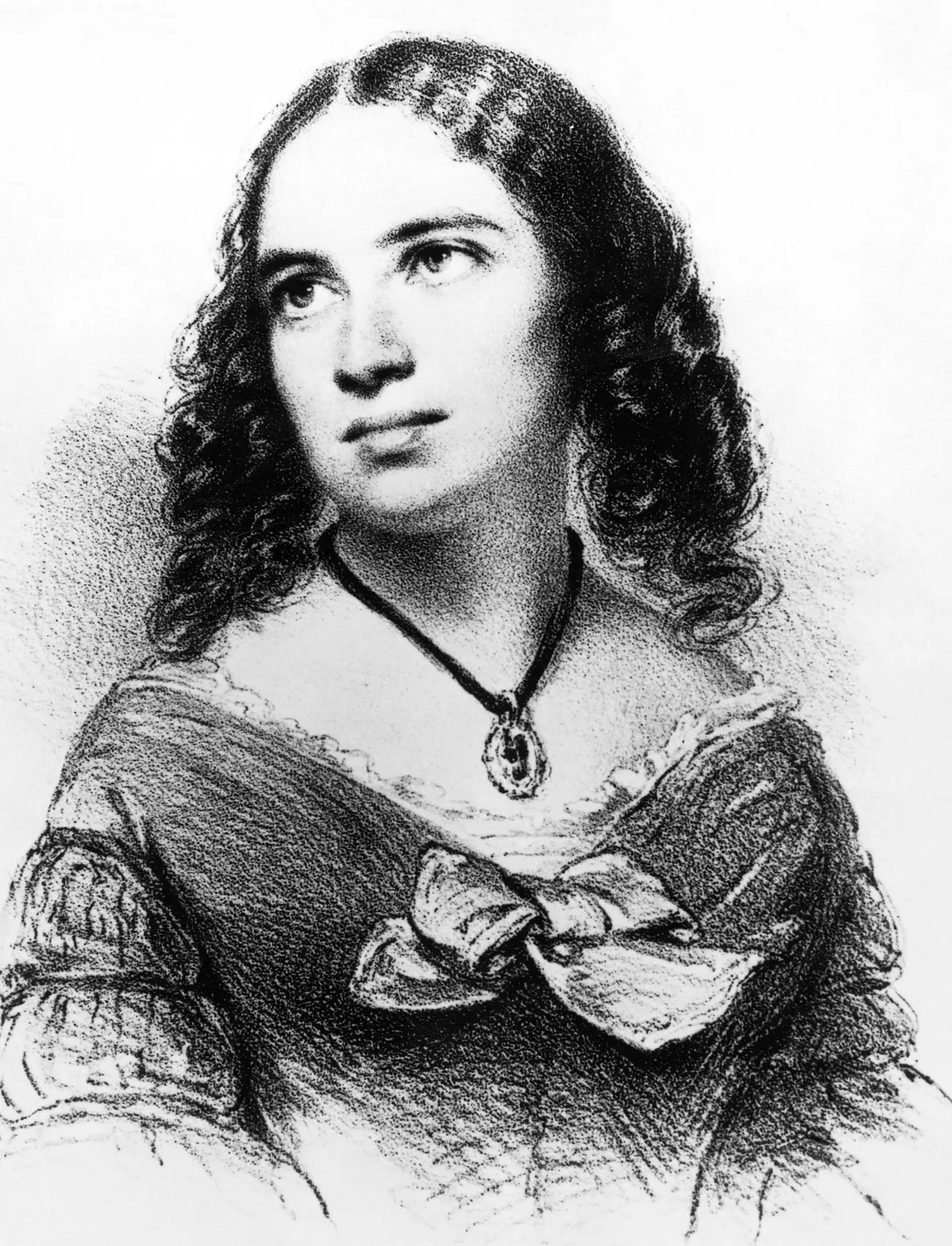
The daughter of a bourgeois German family, Fanny Mendelssohn displayed great musical talent from a young age and although she was encouraged to write and to play, her family did not believe music was a respectable career for a young woman. So, while her brother Felix travelled Europe with his compositions, Fanny stayed at home.
However, she didn't allow this to discourage her and over her lifetime Fanny Mendelssohn penned 460 pieces, including the Piano Trio in D, Quartet in E flat and a Piano Sonata in G minor, as well as many exquisite songs and a piano cycle, Das Jahr.
Pachelbel (1653-1706)
Born in 1653, Pachelbel is particularly known for his organ music. With over 200 pieces to his name, he played a significant part in developing the chorale prelude and fugue. His influences include composers Johann Jakob Froberger, Johann Caspar Kerll, Girolamo Frescobaldi and Alessandro Poglietti, and his music enjoyed great popularity during his lifetime.
Robert Schumann (1810-1856)
Robert Schumann was not only a turbulent genius; he was a forward-thinking intellectual, wielding a literary pen as sharp as his musical one. He championed younger composers, especially Brahms, and helped the reputation of others such as Chopin and Mozart. Fusing literary and musical thinking was central to his philosophy.
Robert Schumann was best known for his piano music, Lieder and orchestral works, with much of his music inspired by literature and poems.
Clara Schumann (1819-1896)
Child prodigy, sought-after concert pianist, mother of seven surviving children, Clara Schumann was also a burgeoning composer in a male-dominated musical world and was often seen more as her husband’s helper than a composer in her own right. Learning to compose in childhood she went on to write a wide range of music, from Lieder and fugues to chamber and orchestral works, each expressing her distinctive style of composition.
However sadly most of her work was never played by anyone other than Schumann herself, and she remained in the shadows until her was rediscovered in the 1970s.
Stockhausen (1928-2007)
Karlheinz Stockhausen was a seminal figure in post-1945 Modernism and one of the most experimental and progressive composers of the 2oth century. He redefined notions of what types of sound could be deemed acceptable in composition and took a pioneering approach with his use of electronics in art music.
Richard Strauss (1864-1849)
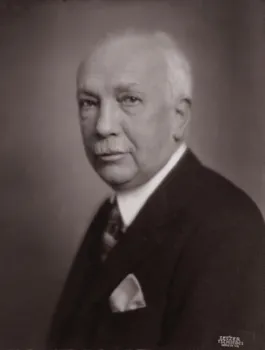
This late-Romantic composer was particularly famous for his richly scored tone poems and heady operas and composed almost right up to his death, completing his final masterpiece Four Last Songs a year before his death in 1949 aged 85.
Composer Colin Matthews says: 'It is all too easy to overlook Richard Strauss’s significance, but in the remarkable sequence of tone poems spanning 25 years, from Don Juan to the Alpine Symphony, he showed both an orchestral mastery and a remarkable capacity for invention and structural innovation.'
Wagner (1813-1883)
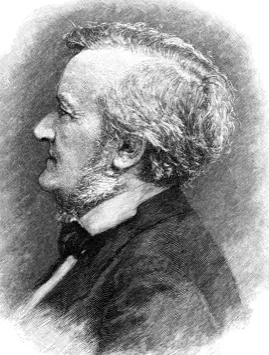
Richard Wagner truly was opera’s colossus, revolutionising the form and popularising the use of Leitmotifs – musical phrases corresponding to specific characters – in operas of the 19th century.
Composer Jonathan Dove says: 'The scale of Wagner’s imagination is overwhelming. He created spectacular musical imagery of unsurpassed vividness, and had a revolutionary approach to memory and time. Whether you find his music toxic or intoxicating, you can’t ignore it.'
Weber (1786-1826)
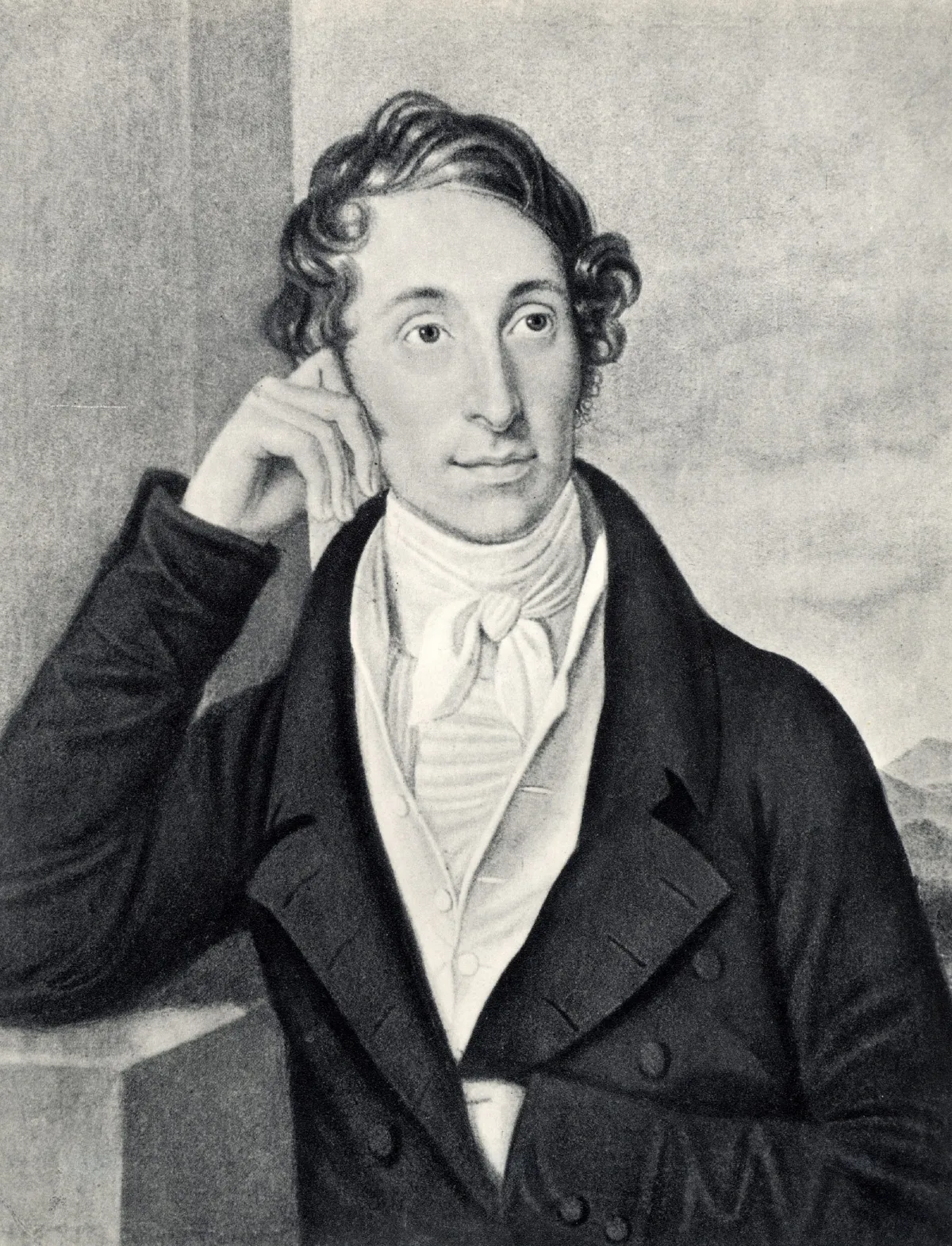
The premiere of Weber's fist opera Der Freischütz not only announced his arrival as a great opera composer but also the arrival of German romanticism in music as a force to be reckoned with. It was a medium where previously Italy and French had reigned supreme, and German-language works were regarded as nothing more than provincial curiosities.
Weber would go onto be a pioneer of German Romantic opera paving the way for other German opera composers such as Marschner, Meyerbeer and, perhaps the most famous opera composer of them all, Wagner.
Hans Zimmer (b. 1957)
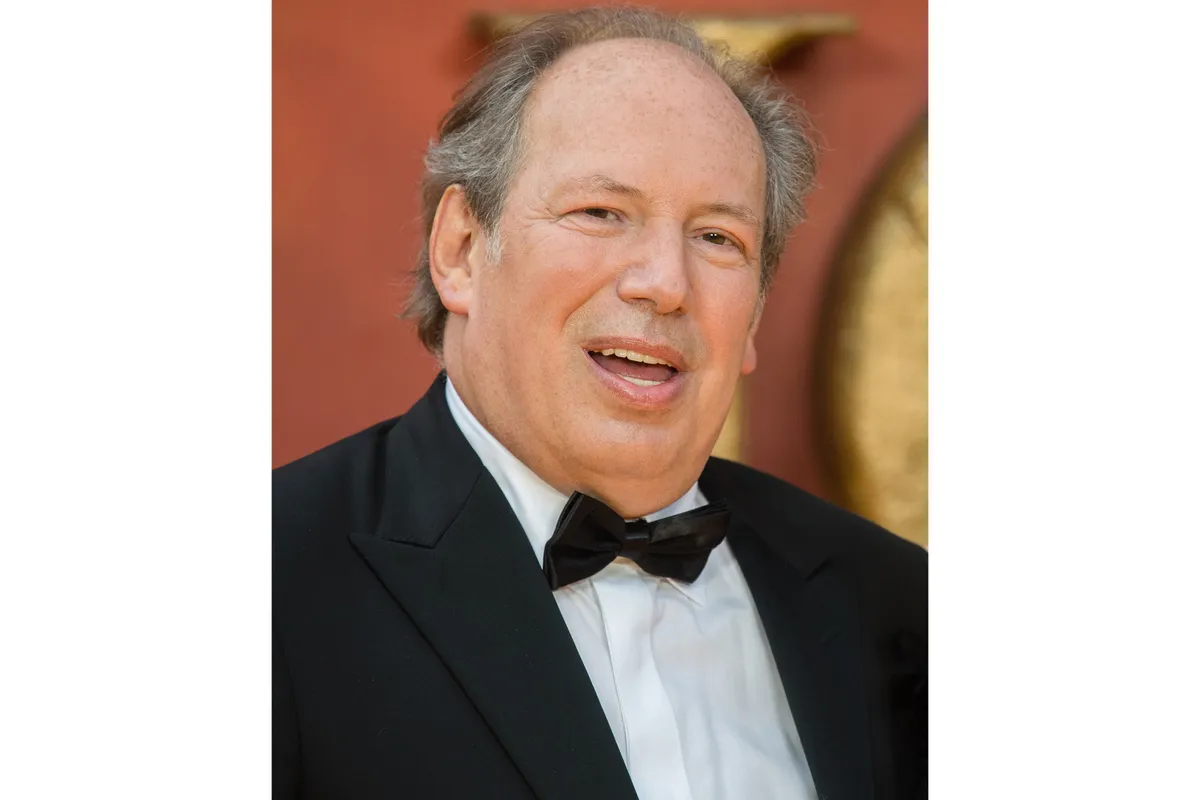
Zimmer is undisputed king of Hollywood film scores. One of the greatest film composers in the world, he is particularly known for composing the film scores for Pirates of the Caribbean series, The Dark Knight, Inception and even the Lion King, for which he won an Oscar.
BBC Music Magazine reviews editor Michael Beek says: 'This German-born composer all but rules the Hollywood film music landscape thanks to his ahead-of the-curve production methods, collaborative spirit and innate sense of musical drama.'